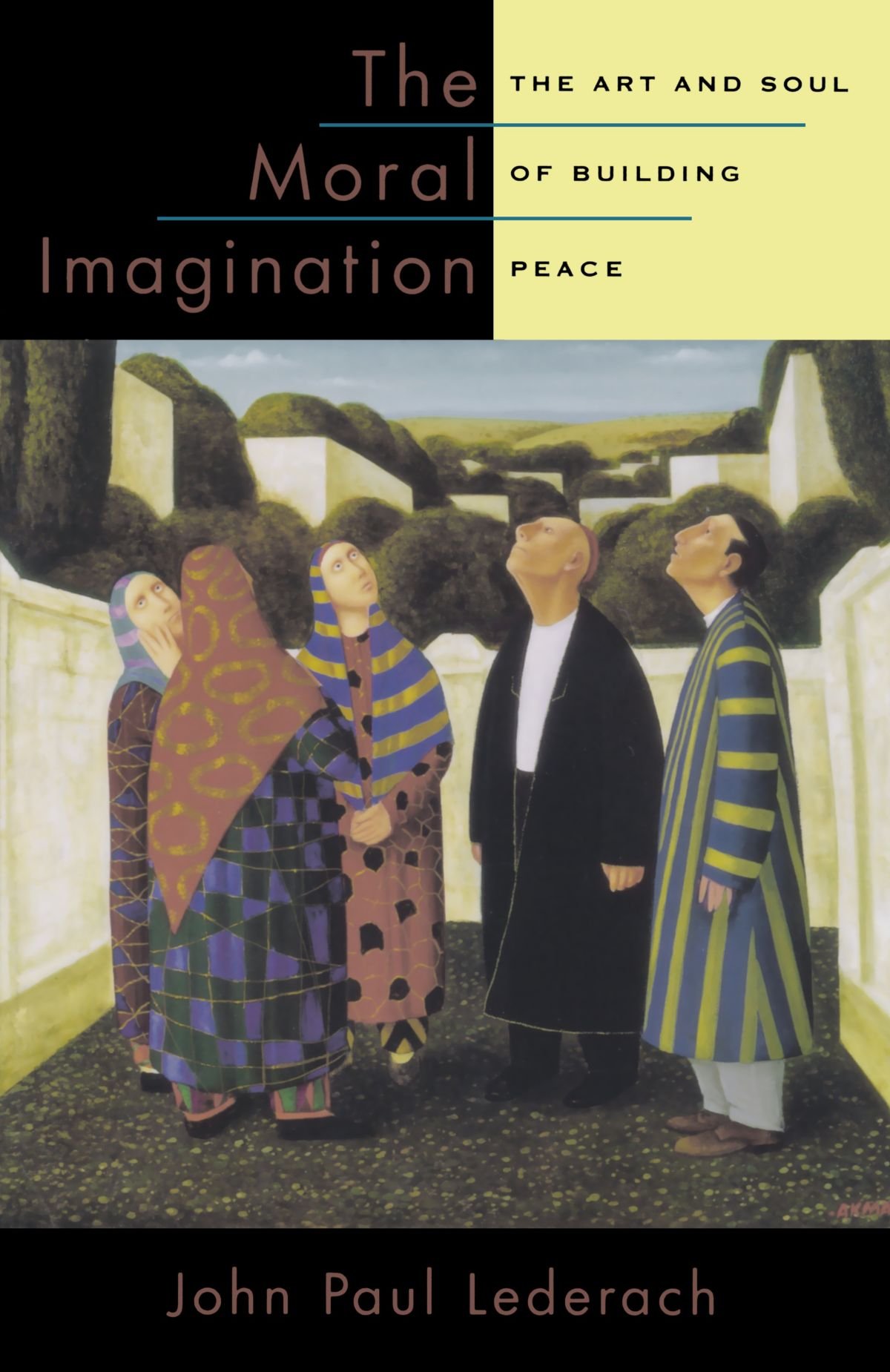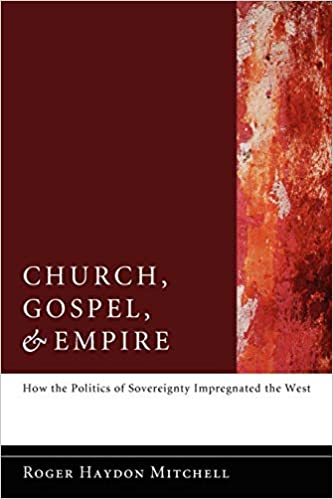I tested positive for Covid-19 on Good Friday. As a doctor it’s always tough to be off sick – you feel a mixture of guilt (because you know how hard your colleagues are working), frustration (because you want to be back out there serving your community) and helplessness (because there’s nothing you can do about it). I knew I had the virus before my result came through – I felt like I’d been hit by a bus – like all the energy had been knocked out of me and I was very achey. This, along with the cough and other symptoms has made me stop. I am forced to rest. I can’t just continue. I need to let my body recover. Covid-19 hasn’t only shown us the fragility of human life, but of the way we have constructed our systems together – the vast injustices afforded to more than half the world’s population and the damage we are doing to the planet itself. This virus has created an enforced rest for the majority of us and made us stop. And whilst we do so, the earth itself is regenerating – perhaps we are too.
This weekend, along with millions of people across the globe, our family will be celebrating Easter. During this rest there is time for me to reflect again on that incredible story and think about its implications for the world. Easter, I believe, perhaps more than any other time, gives us space to pause and ask ourselves what life is really about – what is it that we’re really living for?
Easter can be thought of in many ways. It seems to me that we have entered a new space in recent years to be able to discuss issues of spirituality much more openly again. Here are a few ways that I see Easter, if you’re interested (!):
1) Easter is about new beginnings. The chance to start over, to see the world radically differently in the light of what God reveals to us about his own self-giving, others-empowering love. It’s an opportunity for us to press the reset button and find the grace and hope for the world to be made new. In the midst of the pain and complexities of the global lockdown of COVID-19, multiple voices are beginning to call for a reimagined world. Jeremy Lent writes powerfully about the reality that everything has changed. He states that the ‘neo-liberal era’ is potentially over and therefore we have an opportunity to reset the foundations upon which we build our lives together on planet earth, whilst working for its regeneration. It’s well worth making yourself a cup of tea and pausing to read his reflections.
2) Easter is about a new economy. Easter is about debts being forgiven and a resetting of our priorities. Never, in all of human history, has there been such stark inequality between rich and poor, nor has the climate ever faced such an emergency. Our economic systems are entirely defunct for the needs of the global population and the environment in which we live. The old lie that ‘there is no such thing as society’ is exposed for what it is and the story of ‘self-centred, selfish man’ as the basis on which to build economic theory is broken. In its place new experiments are emerging around economies of wellbeing. This week Amsterdam declared it is going to be the first ‘doughnut city’ in the world – read this and let your heart leap – we’re talking about the kind of economy that is regenerative and distributive by design! The world made new! Jesus proclaimed the economics of Jubilee – a forgiving of all debts and the chance for the people and the land to rest. So radical it was never adopted, but his manifesto has never changed. We have an opportunity together to embrace a much more loving and radical economics if we want to. We don’t have to continue as we were…..In fact there are fresh global calls to cancel the debt of developing nations – now that would be a reset!
3) Easter is about a new politics. Bishop Tom Wright calls resurrection ‘THE political act’. In other words, he’s saying that the ultimate power of the world is not that held together by the likes of Trump and Putin, but the life-laid-down-love of the cross – no power can overcome this love – it is the ultimate force in the universe and it is legitimated in the resurrection of the son of God, who lives this way and overcomes death itself and empire in all its forms. This politics of love is non-violent, enemy-loving and full of peace. It does not erect walls, it builds bridges. It is full of compassion and mercy. It always hopes, always trusts and always perseveres. Russell Brand and Brad Evans have a fascinating conversation about a new politics of love – something we have been actively exploring in Morecambe Bay (See Roger Mitchell’s brilliant talk). They discuss how this is anything but ‘airy-fairy’. Love, rather, as the ultimate foundation of how we build our lives together gives us an alternative reality on which to build a fairer and kinder society. Brand is not everybody’s cup of tea, but I like his ability to ask good questions and provoke our ability to think as we challenge our own presuppositions. Some people are now coining the term ‘glocalisation’ to think about how we become more locally focused, whilst remaining globally connected and concerned about the plight of others around the world. In other words, glocalisation enables a much more relational, loving, connected politics and economics whilst also enabling us to learn from other great ideas and initiatives around the world and care about our fellow human brothers and sisters more. The politics of Jesus is seen throughout his life and ministry and his death and resurrection makes it even more possible: prioritise the poor, put children in the centre, instate women, free prisoners, heal the sick, welcome strangers, renew the creation….not a bad starting point for a new world.
4) Easter is about healing. As we behold the wounds inflicted on God himself, we find one who is truly with us in our own suffering. His therapeutic healing is one which draws alongside to be with us in our pain and distress, washing our feet, bearing and carrying our infirmities with Him – sometimes that results in incredible miracles but often it’s just the knowing that he is with us in it that is enough. We see this kind of incredible healing at work through our health and care workers across the globe right now and in countless tales of lives poured out in service to others. The whole point of healing is to bring wholeness. I wonder what our health and care systems would really be like if we put wellbeing and wholeness at the heart of the design process.
5) Easter is about salvation and redemption. I personally cannot align myself with a theology of penal substitution. I don’t have time or space in this blog to say why, but would recommend ‘A More Christlike God’ by my friend Brad Jersak, or this blog to explore the issue further, if you’re interested. As we look upon the crucified Christ, we don’t look upon someone appeasing an angry Father, rather we see God himself, misunderstood and rejected, nailed to a cross, breathing out forgiveness and revealing to humanity that this way of life-poured-out-love is stronger than death itself. This way of life saves us from our own selfishness, greed and ego-promotion and invites us into something far greater and more beautiful. The invitation of Easter is to reset our relationships with each other, the earth and God himself; to discover that God IS love, not at all like an Imperial Sovereign, and the very nature of the Trinity is self-giving, others-empowering love! The truth is that unless we’re willing to deal with our own internal mess, our own ego-mechanisms and projections, then we will never heal the mess of the world together. The invitation from Christ through the ages is for each of us to take up our own cross, to crucify our own selfish nature, which fights against the way of love and put on the ‘new self’, to be made into new creatures and partake in the new creation.
I believe we have an opportunity in this time to rest, reflect, reimagine and reset. If we dare to ask ourselves some deeper questions and become uncomfortable with the answers we are discovering; if we can allow ourselves to feel some of the discord about the way things have been, but also recognise the fear we have of stepping into a different way of being together and the grief cycle we must enter to let it go; if we can embrace the inconvenient truth that the earth and the global poor are speaking to us about the unsustainable nature of our neo-liberal world, then perhaps we have enough critical yeast to change us and inspire us towards a new world together. I take great comfort in the idea that God is with us in this struggle and works through us, by his Spirit, to bring reconciliation to a broken society. Over the last few days I have heard my favourite childhood bible verse, from the prophet Isaiah, a number of times. I leave it with you as food for thought:
Isaiah 43v1
”Fear not, for I have redeemed you;
I have called you by name, you are mine.“


